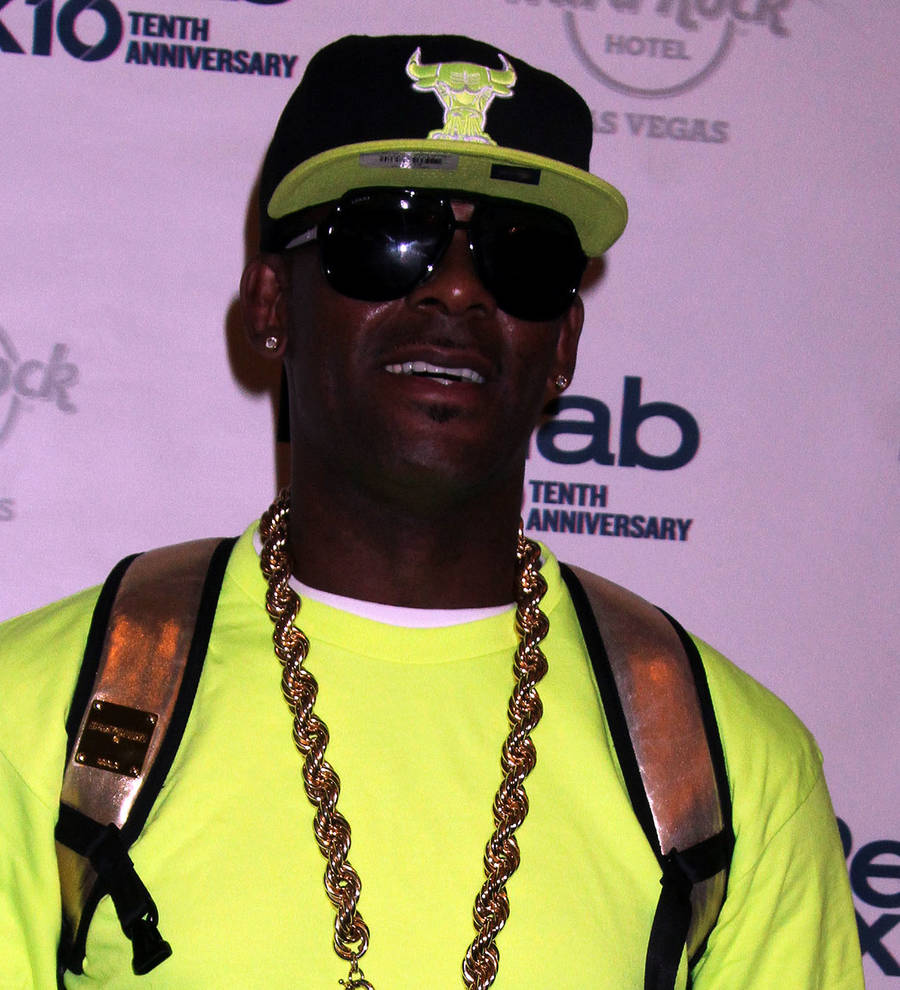Music stars stand behind Robin Thicke & Pharrell in Blurred Lines appeal

R. Kelly and film composer Hans Zimmer have added their names to a letter urging lawmakers to reverse the copyright infringement verdict that could still cost Robin Thicke and Pharrell Williams millions.
The duo and rapper T.I. were found guilty of copying Marvin Gaye's Got to Give it Up when they were recording international smash hit Blurred Lines, and the late soul legend's family was awarded a $5.3 million final judgment in court last year (15).
Thicke and Pharrell have now started their appeal process and as
part of their efforts, they have collected signatures from a host
of top musical names, hoping the concerns of their peers will sway
the 9th Circuit Court of Appeals judges overseeing the case.
The filed amicus brief, which has also been signed by stars like
Linkin Park, Earth, Wind & Fire, Fall Out Boy, Jennifer Hudson, and
Rivers Cuomo of Weezer, suggests that if the 2015 decision is
allowed to stand it "is very dangerous to the music community".
It reads: "The verdict in this case threatens to punish songwriters
for creating new music that is inspired by prior works.
"All music shares inspiration from prior musical works, especially
within a particular musical genre. By eliminating any meaningful
standard for drawing the line between permissible inspiration and
unlawful copying, the judgment is certain to stifle creativity and
impede the creative process. The law should provide clearer rules
so that songwriters can know when the line is crossed, or at least
where the line is."
The brief continues: "One can only imagine what our music would
have sounded like if David Bowie would have been afraid to draw
from Shirley Bassie (sic), or if the Beatles would have been afraid
to draw from Chuck Berry, or if Elton John would have been afraid
to draw from the Beatles, or if Elvis Presley would have been
afraid to draw from his many influences."
Meanwhile, 10 top musicologists have filed their own amicus brief,
echoing the sentiment that the verdict could curtail creativity in
popular music.



